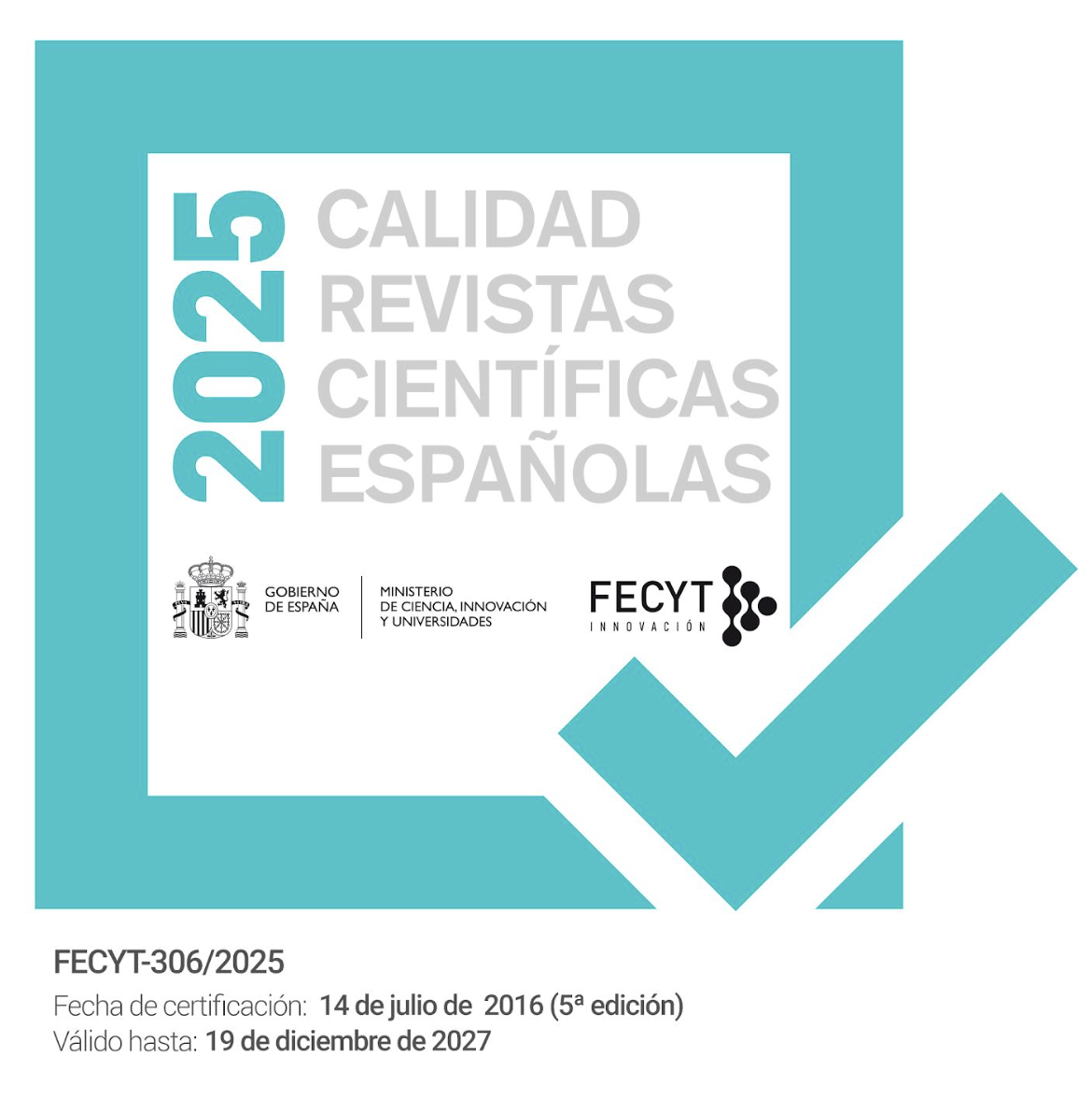Between change and continuity: the context of the emergence of the IMV
DOI:
https://doi.org/10.22325/fes/res.2021.46Keywords:
Minimum income, social assistance, minimum living income, spanish welfare state, povertyAbstract
Spain, unlike other Southern European countries, recalibrated its income maintenance system in the 1980s, containing its contributory programs and creating a set of means-tested programs. Despite its contribution to severe poverty reduction, this set has limitations and inconsistencies that have led to its reform entering the national political agenda since 2015. These programs, although more effective than their Italian or Greek equivalents, are still very much linked to a Fordist model that expects any job to be able to lift a household out of poverty. This model is unable to cope with changes in family structure, increasingly difficult access to housing and, above all, new forms of precarious employment. The article analyses the path of those guaranteed income schemes in which the new Minimum Living Income benefit may improve the coverage of existing social assistance programs but leaves unresolved its adequacy to the new forms of employment.
Published
How to Cite
Issue
Section
License
Copyright (c) 2021 Revista Española de Sociología

This work is licensed under a Creative Commons Attribution-NonCommercial 4.0 International License.
• The transfer of the copyright of the article to Revista Española de Sociología.
• The assignment to the Revista Española de Sociología of the rights of commercial exploitation of the article to third parties both in the offset and digital formats, as well as to the search engines and platforms that may serve as intermediaries for the sale or knowledge of the article.



